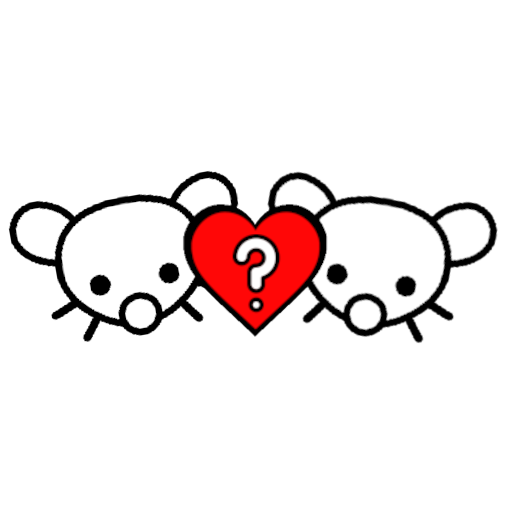Firstly, no idea about the origin of this phrase, but it seems like a poorly constructed idea that is broad enough to generate discussions on any point of view that you want.
What I take from researching is that sharing your troubles shouldn’t be a one way street, if both people support each other it isn’t therapy it’s sharing, which is just semantics at this point. Can I vent about life to my partner or only to my close friends? or do I need to hire a professional?
Alternatively a very direct reading is that your partner doesn’t have the medical expertise to solve your mental issues. Which is very fair, but again lay people can’t be expected to diagnose if their partner is suffering from depression or just sad that their dog died.
A really negative reading of this is just a toxic excuse, “Oh, my boyfriend cried in front of me so I dumped him, I’m not his therapist”
At the end of the day, ignoring this phrase, should I share that I had a bad day with my partner? Should we talk about trauma that we had as kids? Where is the line if there is any?


Not to be crass but this would be something to discuss with a therapist.
The point of the saying is that your partner cannot fix you.
It’s has no deeper than saying your partner isn’t your mommy.
Your struggle with this indicates a deeper need that should be discussed with a professional.
But keep in mind a therapist cannot fix you either. They can only guide you to fixing yourself.